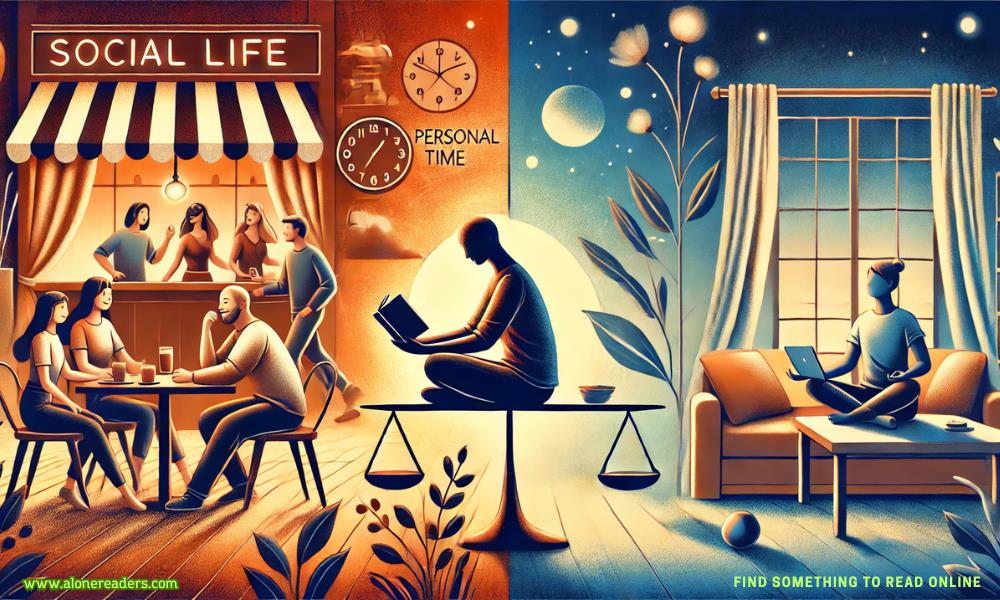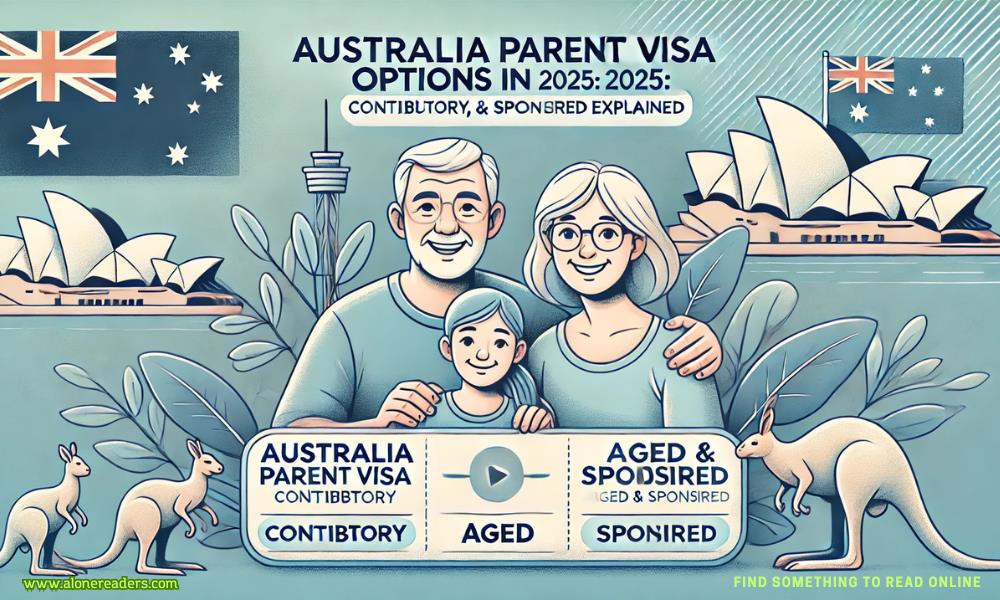Page 53 of Coram House
And that’s the real problem, isn’t it? Sister Cecile was already dead when I went to question Fred about Tommy. So unless someone else happened to be digging around, had already spooked him, the timing doesn’t make sense.
Parker is quiet for a few seconds. When he speaks again, I can tell he’s choosing his words carefully. “It would be easier if he killed them both,” he says. “But that doesn’t mean he did it.”
“It doesn’t mean he didn’t either,” I say, stubborn. But I don’t have any real fire behind it anymore. “This book—it’s like trying to weave together a story, but every strand turns to smoke in my hands.”
“Can you write the book without knowing what happened to Tommy?”
“Yes,” I say flatly.
“But you don’t want to.”
His tone is neutral, but still I feel defensive. “How many other kids are there just like him? Who just disappeared? I know it’s been half a century and I sound crazy, but if I can just…”
I trail off, because what I almost said is:If I can just help this one kid. But, of course, I can’t help him. He’s dead.
“I don’t think it’s crazy,” Parker says softly. “Every kid should have someone to stand up for them.”
“Fifty years too late.”
“Sometimes too late is the best we can do.”
I smile at him, grateful, but he’s looking out at the water. I think of all the things he’s seen in his years on the job. How many flavors of sad and terrible exist in the world.
The silence hangs, not awkward, but full of something. For a second, I think he’s going to take my hand. I clear my throat.
“So, these bones,” I say.
Parker laughs and turns his eyes back to me. “Nope.”
“They were really at the dump?”
“I can’t discuss an—”
“All right.” I hold up my hands in surrender. “But I can’t tell you how tired I am of hearing that.”
Nothing I can do, his shrug says. He has a good smile, a little crooked so it always looks like one side of his mouth wants to look more serious than the other.
I sigh for effect, but the truth is I’m tired of talking about bodies and bones. “Fine,” I say. “Tell me about something else, then. What was it like to grow up in this promised land of maple syrup and sledding?”
“Probably pretty great.” He sips his drink. “But I couldn’t tell you. I grew up in the city—Brooklyn—at least until my dad died.”
“I had no idea.” It bothers me. I’m supposed to have a sixth sense for people’s stories. “So how’d you end up here?” I ask.
Parker turns, leaning his back against the railing. He nods at me. “How’dyouend up here?”
I shrug, not sure I’m ready to go where this conversation is leading.
“What—only you get to ask the questions?” he teases.
“Well, I got offered this book deal. After my last book, it felt like a fresh start.”
It sounds hollow. He lets the silence hang there.
“And my husband died.”
The words always feel like a line in a play. At first, Parker looks surprised, but then his expression changes. Not the melting eyes and cocked head of sympathy. Something else. He looks knowing. Grim. “I’m sorry to hear that,” he says.
“It was—he was sick. It was fast, but long enough to say goodbye. So that’s something, I guess.”
- The Black Wife Blessing by Tyla Walker
- Shattered Engagement by D.C. Beks
- Tropical Heat by Melanie Udall
- Riding Home by Morgan Jane
- The Sinners Gambit by Annie Gray
- South of Nowhere by Jeffery Deaver
- Tee’d Up For Trouble by Maya Alden
- The Filth Kings II by Authoress Masterpiece
- The Filth Kings by Authoress Masterpiece
- Seek & Destroy by Rosè Dior
- Soul by Elizabeth N. Harris
- The Reward of You by Olivia Sinclair
- College Boy by Alex Winters
- Surfer Girl by Alex Winters
- Vicious Hearts by Iris T. Cannon
- Vicious Souls by Iris T. Cannon







